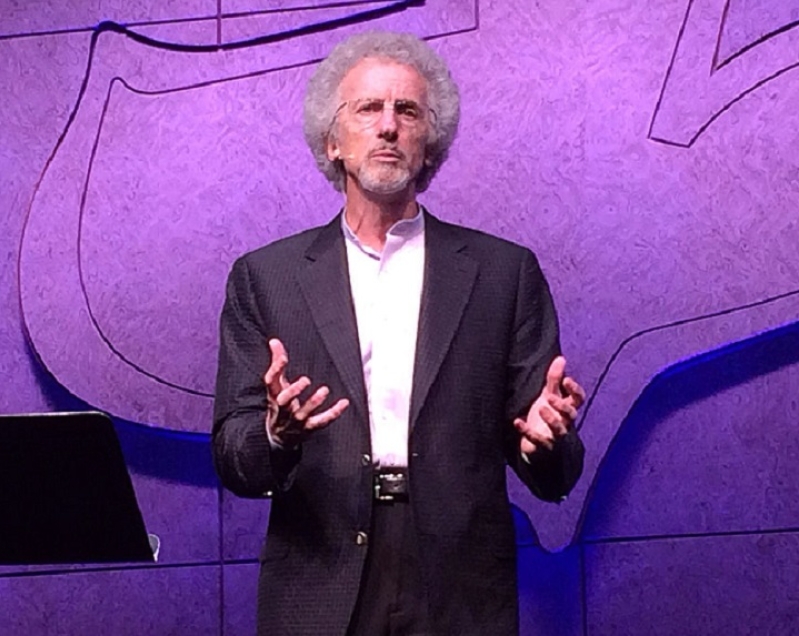
Famous Christian author Philip Yancey is perplexed by evangelical pastors throwing their support for Republican presidential candidate Donald Trump.
In an interview with Evangelical Focus, Yancey, author of the popular books ‘The Jesus I Never Knew’ and ‘What’s So Amazing About Grace,’ said he was “staggered” that evangelical Christians present Trump as a hero when the real estate magnate “stands against everything that Christianity believes.”
“I will just say it out loud. I can understand why maybe you choose these policies that you support, but to choose a person who stands against everything that Christianity believes as the hero, the representative, one that we get behind enthusiastically is not something that I understand at all,” he said.
Yancey pointed out characteristics in Trump, such as being a “bully,” having had more than one wife and making his fortune from casinos, that made him question why evangelicals rallied behind the candidate.
Pew Research Center released a study in July saying 78 percent of white evangelicals would vote for Trump. About a third of them said they would “strongly” back him up. On the other hand, religious nones, or those who did not affiliate themselves with any religion, said they would vote for Democratic presidential candidate Hillary Clinton.
Trump formed an evangelical advisory board to counsel him regarding issues concerning evangelicals. The team included big names like former Congresswoman Michele Bachmann and pastors Mark Burns, Paula White, Jentezen Franklin, A.R. Bernard and David Jeremiah.
“I have such tremendous respect and admiration for this group and I look forward to continuing to talk about the issues important to Evangelicals, and all Americans, and the common sense solutions I will implement when I am President,” Trump announced.
However, Yancey cautioned about the church getting too deep in politics.
“Europeans understand where that goes. When the church and the state are seen like this [joins hands], and then the state proves what it is - a flawed and sometimes corrupt system - then the church is judged by this, and rejected,” the author said.
He added that these things come at a cost.
“There are countries in Europe where the church is set back for decades and decades, because they have been stained by how they sold their soul for power, I would say,” Yancey commented.
He said increasing secularism in the U.S. is turning the country into “fertile soil” as described by the early church, which means Christians are becoming more like their unbeliever neighbors.
“When you are in a place like the United States or Europe in its recent past, where the majority will claim to be Christians, but then they look like everyone else, then the people do not understand what the gospel is,” Yancey explained. “But when Christians look radically different from the world around them, then the people can see the difference.”






